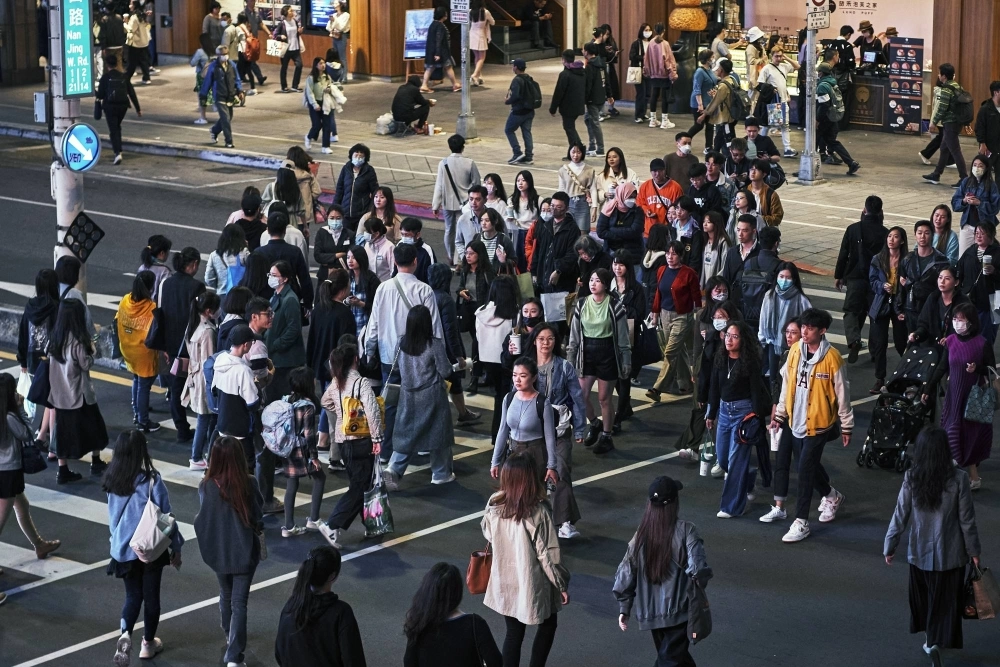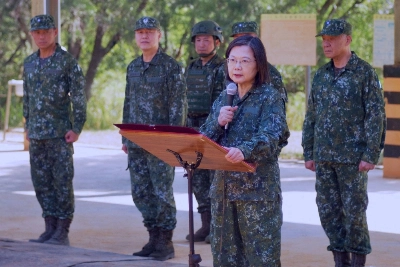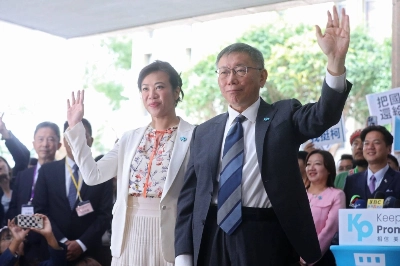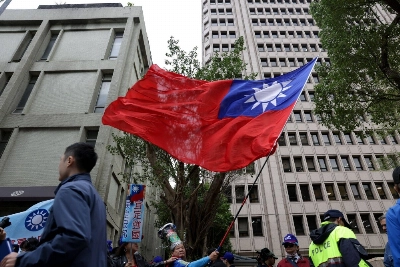In the months leading up to a pivotal presidential election for Taiwan, candidates have focused on who can best handle the island democracy’s volatile relationship with China, with its worries about the risks of war.
But at a recent forum in Taipei, younger voters instead peppered two of the candidates with questions about everyday issues such as rent, telecom scams and the voting age.
It was a telling distillation of the race, the outcome of which will have far-reaching implications for Taiwan. The island is a potential flash point between the United States and China, which claims Taiwan as its territory and has signaled that it could escalate military threats if the Democratic Progressive Party (DPP) wins.





















With your current subscription plan you can comment on stories. However, before writing your first comment, please create a display name in the Profile section of your subscriber account page.